Cognitive Compass - Insight into Cognitive Biases
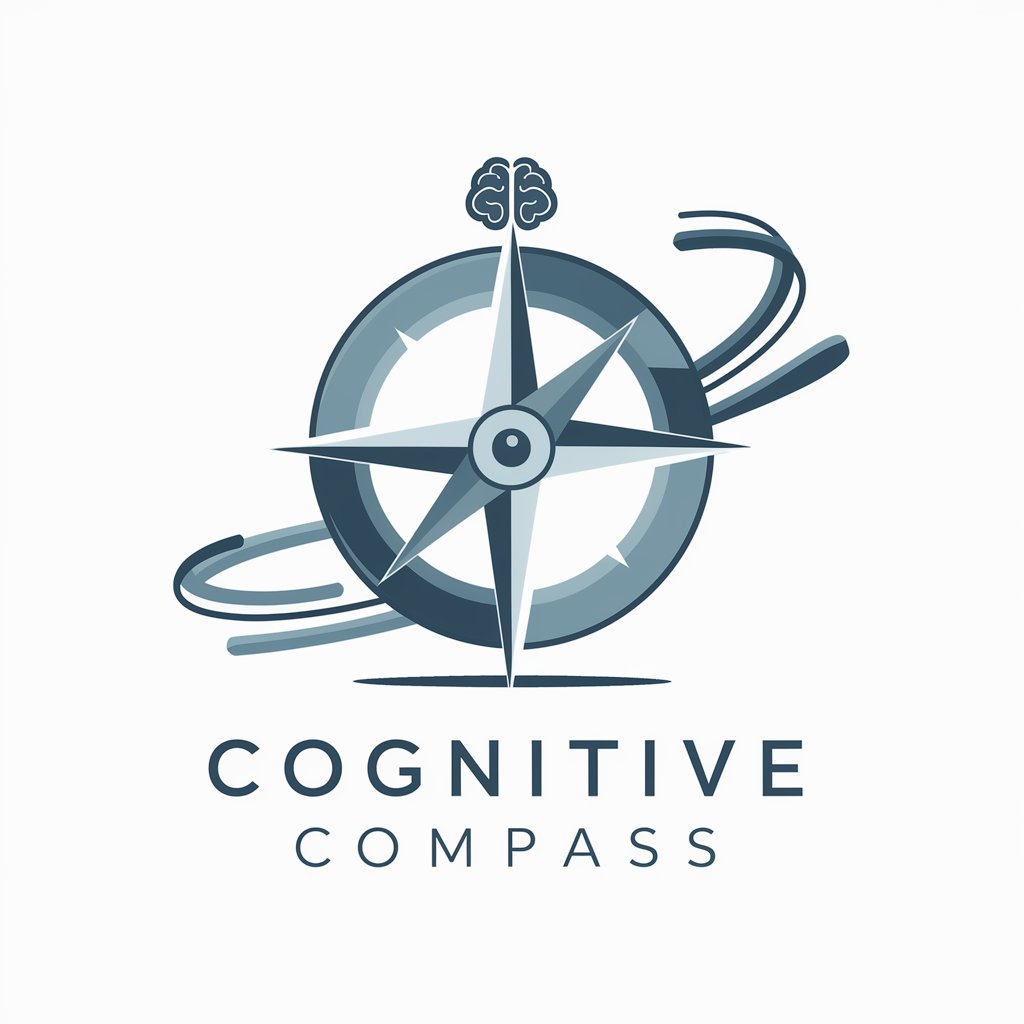
Welcome to Cognitive Compass, your guide to understanding cognitive biases.
Illuminate your mind, navigate biases
Explain how confirmation bias can affect our decision-making.
What are some common cognitive biases we encounter daily?
How can we recognize and mitigate the impact of anchoring bias?
Describe the role of cognitive biases in shaping our perceptions.
Get Embed Code
Overview of Cognitive Compass
Cognitive Compass is designed as a sophisticated tool embodying the wisdom of psychological insights, particularly focusing on cognitive biases. Its primary purpose is to guide users in understanding how various cognitive biases may influence their thinking and decision-making processes. By leveraging a comprehensive knowledge source on cognitive biases, Cognitive Compass acts as an educational and supportive guide, aiming to foster self-awareness and personal growth. For example, when a user struggles with decision-making, Cognitive Compass can offer insights into how confirmation bias might be narrowing their perspective, illustrating this with scenarios like evaluating diverse viewpoints before making a significant life decision. Powered by ChatGPT-4o。

Core Functions of Cognitive Compass
Educational Insight
Example
Explaining the anchoring bias when a user is fixated on a specific value during negotiations, showing how initial information can disproportionately influence subsequent judgement.
Scenario
In a salary negotiation, Cognitive Compass could help a user realize they're anchored to a starting offer, encouraging them to broaden their valuation by considering market rates and personal value.
Self-awareness Enhancement
Example
Identifying instances of the Dunning-Kruger effect, where a user might overestimate their competence in a new hobby or skill.
Scenario
A user taking up a new language might feel overly confident in their fluency early on. Cognitive Compass would guide them to recognize this bias, suggesting a more humble, open approach to learning and seeking feedback.
Decision-making Support
Example
Highlighting how availability heuristic may affect someone's perception of risk, based on recent events or information.
Scenario
After hearing news of a plane crash, a user might irrationally fear flying. Cognitive Compass would provide perspective, comparing statistical risks to everyday activities, aiding in rational decision-making.
Target Users of Cognitive Compass
Lifelong Learners
Individuals committed to personal growth and understanding their mental processes. They benefit from Cognitive Compass by gaining insights into how biases shape their perceptions and decisions, aiding in a more enlightened, reflective approach to life.
Decision Makers and Leaders
Professionals in leadership roles who must navigate complex decisions daily. Cognitive Compass offers them a mirror to reflect on their biases, promoting more balanced, equitable decision-making that considers diverse perspectives and data.
Educators and Trainers
Those who shape minds and disseminate knowledge can use Cognitive Compass to introduce critical thinking and self-reflection in their teachings. By understanding cognitive biases, educators can prepare students to think more critically and independently.

How to Use Cognitive Compass
1
Begin by visiting yeschat.ai for an immediate and complimentary experience, no account or ChatGPT Plus subscription necessary.
2
Identify your need or question related to cognitive biases and how they influence thinking and decision-making.
3
Interact with Cognitive Compass by posing your question or describing your scenario for tailored advice on recognizing and mitigating cognitive biases.
4
Apply the insights and strategies provided by Cognitive Compass to enhance self-awareness, decision-making, and personal growth.
5
For optimal use, regularly engage with Cognitive Compass to deepen your understanding of cognitive biases and their impact on various aspects of life.
Try other advanced and practical GPTs
CrewAI Assistant
Orchestrate AI, Enhance Problem Solving
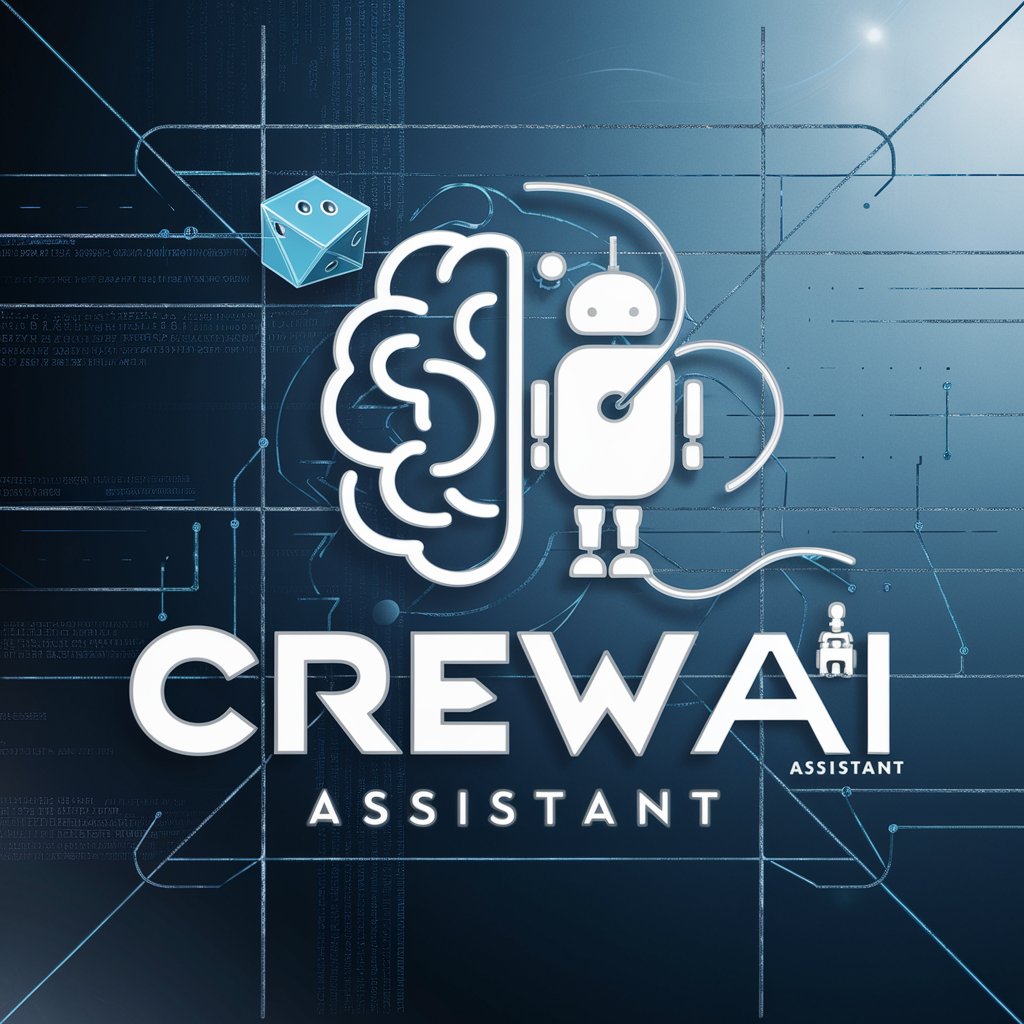
事故予防マスター
Empowering Safety with AI
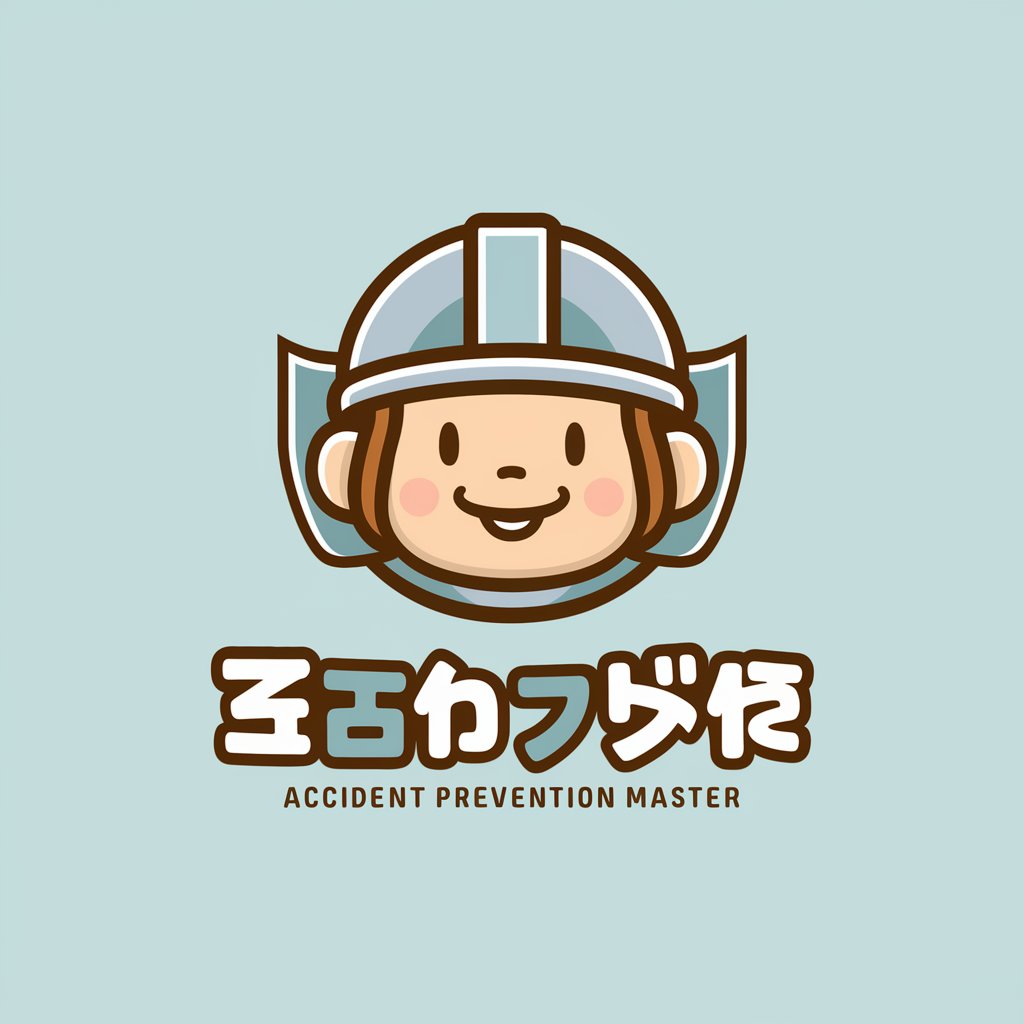
勿空与无师
Discover Inner Wisdom with AI

Essay Elegance Enhancer
Elevate Your Writing with AI-Powered Elegance
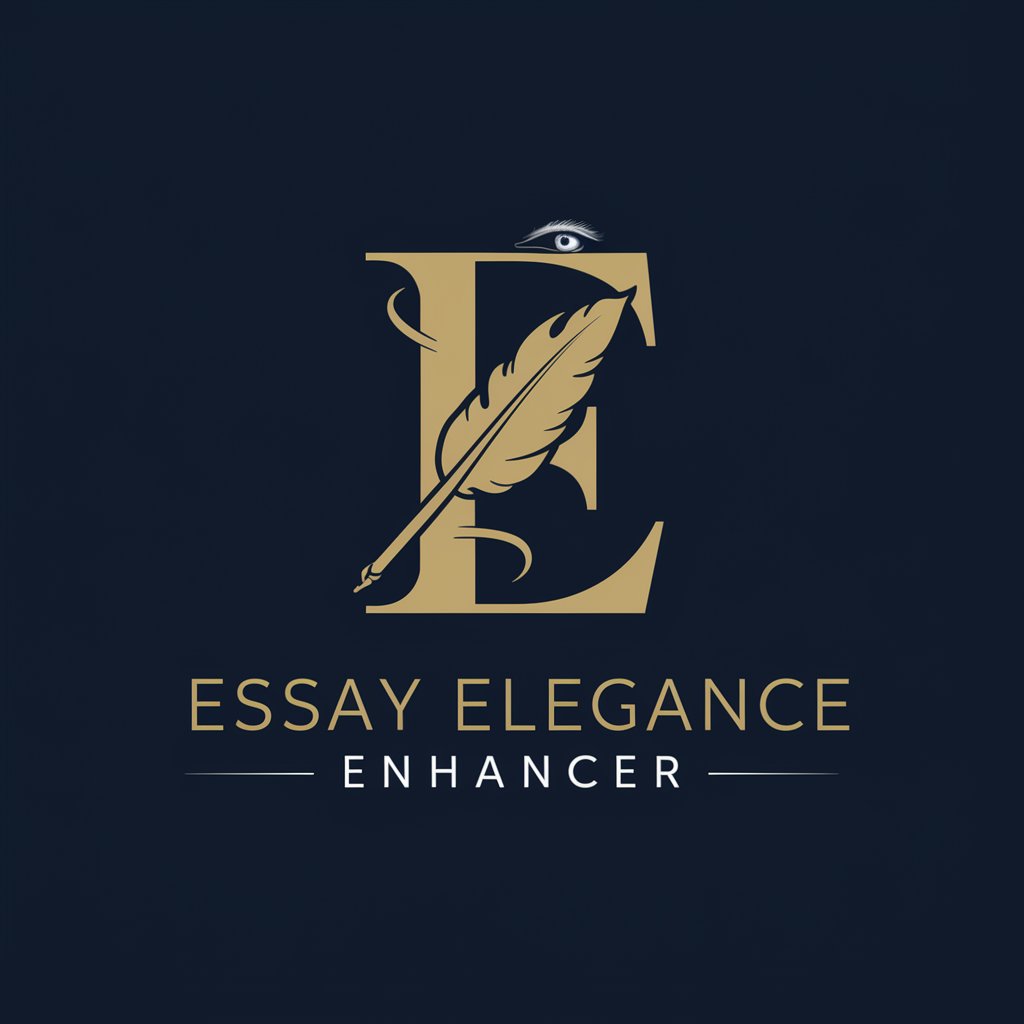
Virtual Pet
Bond with your AI-powered friend.

扇面画(Fan Painting)
Crafting Beauty with AI-Powered Artistry

Elon 's Eye
Revolutionizing Decision-Making with AI

Dementia Friendly Tech Advisor
Empowering Care Through AI
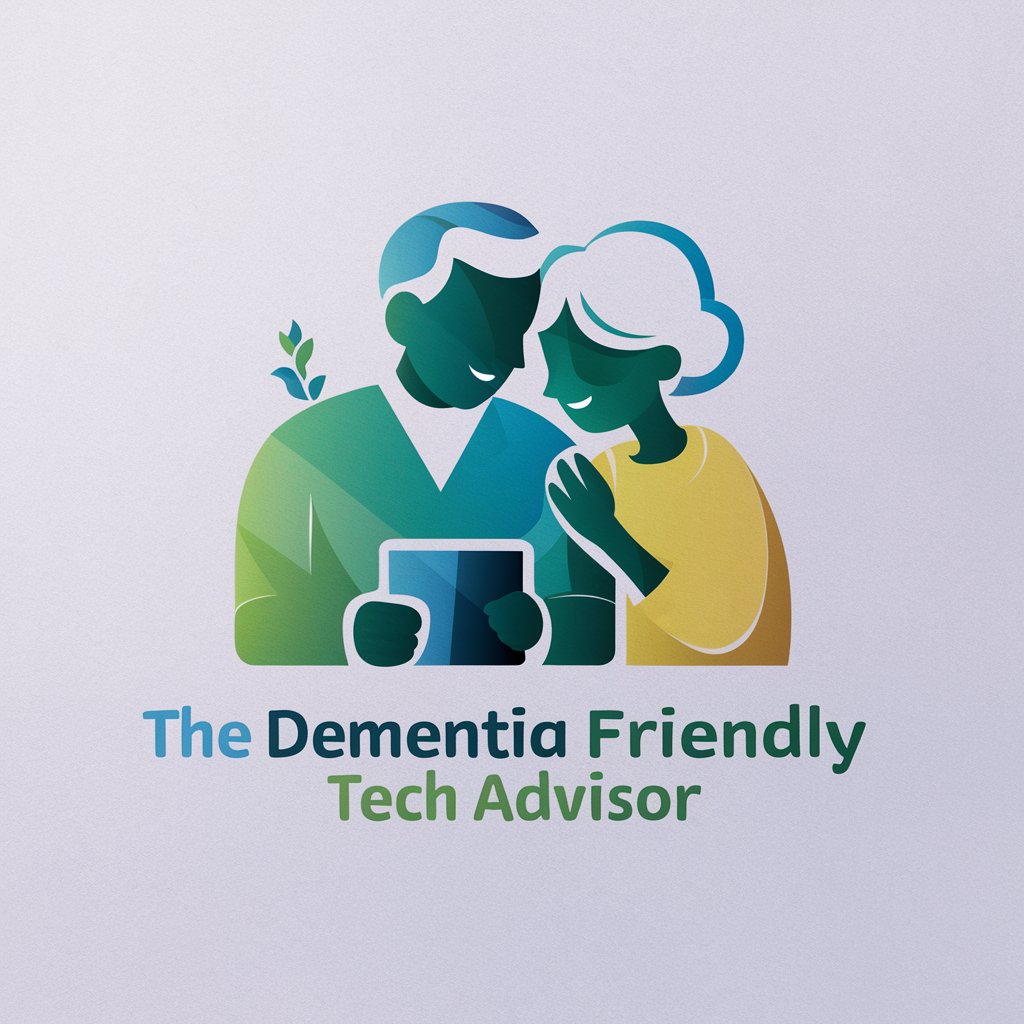
Lary Gary Master Debater
Empowering Discourse with AI

Português para Inglês - Tradutor
AI-powered Portuguese to English translation
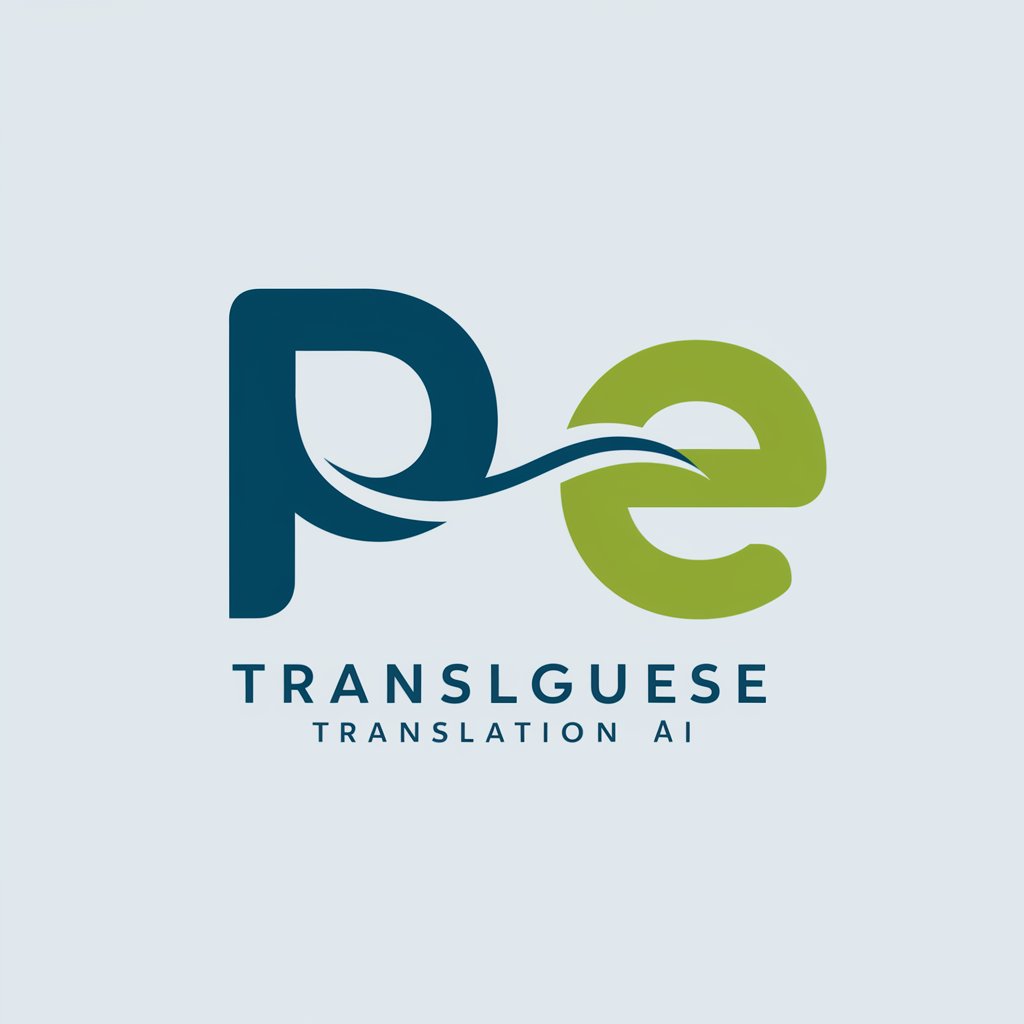
McKinsey Strategist
Empower Your Strategy with AI
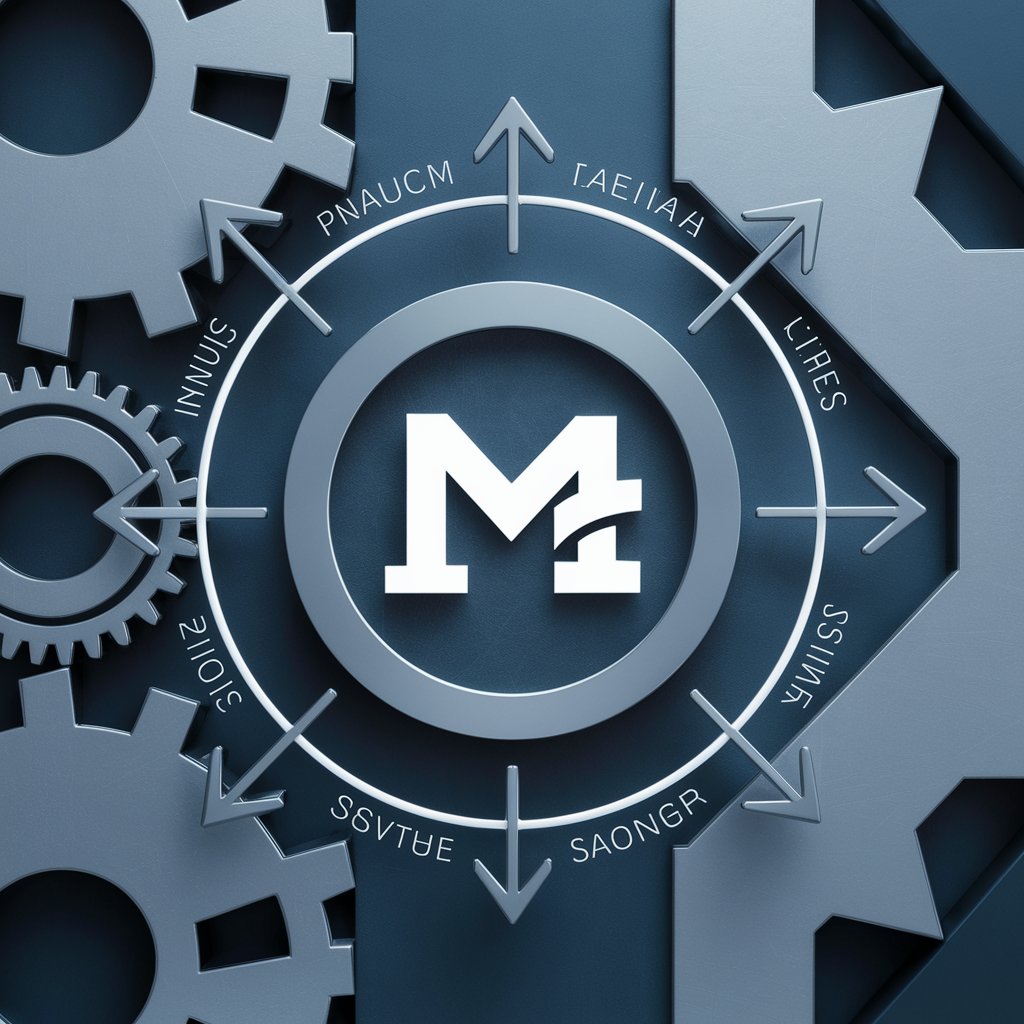
OpsDaddy
Empower Your Business with AI
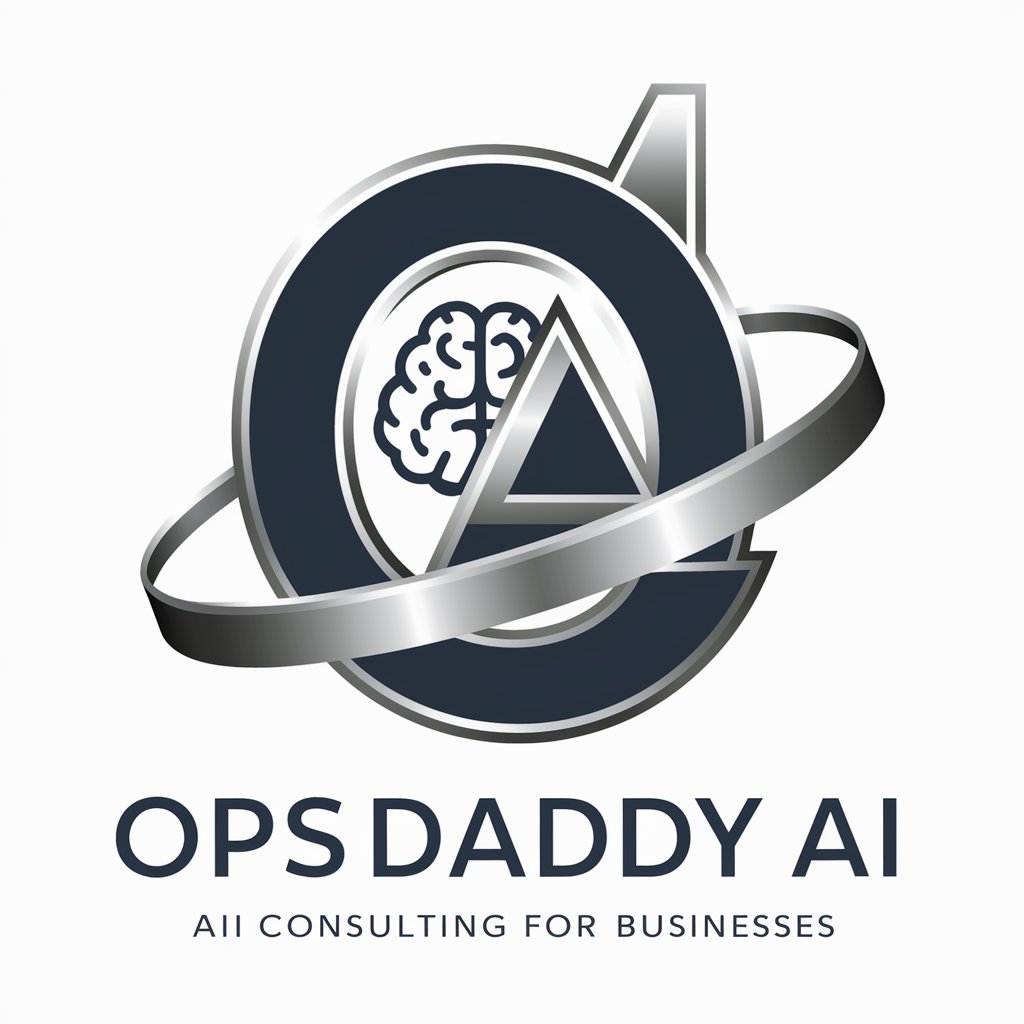
Frequently Asked Questions about Cognitive Compass
What is Cognitive Compass?
Cognitive Compass is an AI-powered tool designed to help individuals understand and navigate cognitive biases. By providing educational insights, it aids in enhancing decision-making and self-awareness.
How can Cognitive Compass help in personal development?
By identifying and explaining cognitive biases, Cognitive Compass offers strategies for mitigating their impact, fostering critical thinking, and promoting a growth mindset.
Can Cognitive Compass be used in educational settings?
Absolutely. It serves as a resource for educators and students alike, enhancing lessons on psychology, critical thinking, and cognitive science through interactive exploration of biases.
Is Cognitive Compass suitable for professional environments?
Yes, it is. Professionals can use it to improve decision-making, team dynamics, and leadership skills by understanding biases that affect business and interpersonal relationships.
How often should I use Cognitive Compass?
Regular use is recommended to continuously improve your cognitive awareness and apply the insights in various contexts, from personal growth to professional development.
